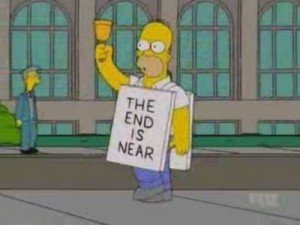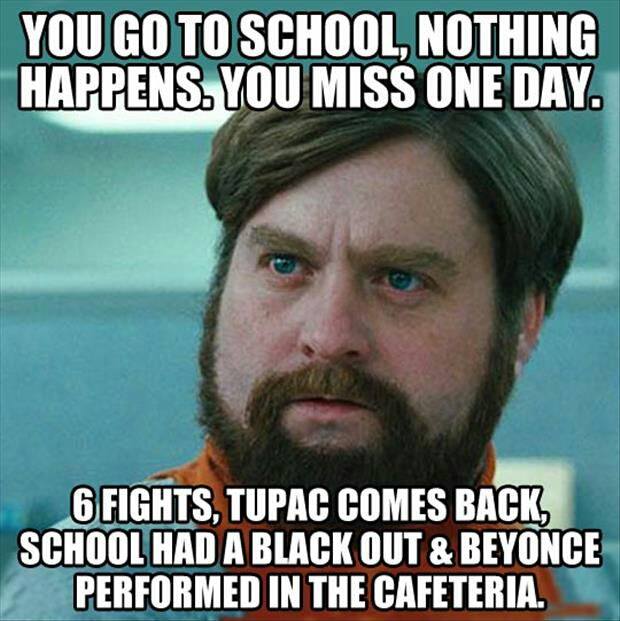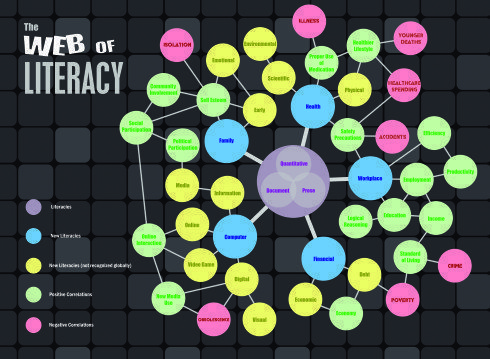
The End is Near!! A Reflection…
First off let me start by saying that this semester has been a blast. I think that I have gotten more out of this class than any other here at csuc. Okay, now on to the actual reflection of what I have learned over the semester.
- There are different ways that people are literate. A person can be facebook literate but not twitter literate. It by no means mean that person is not literate, but literate in different ways.
- Literacy is an ever evolving entity. Literacy is its own being that has evolved over time. Starting from the understanding and practice of reading and writing to computer literacy, social literacy (memes, brands, movies, television, etc), and beyond. Literacy also evolves in the workplace. A person may start a job when they are young and have a certain set of literacy skills and by the time they are nearing the end of their career they have gained different sets of literacy skills, that they can use in and out of their place of work.
- Literacy takes sponsors, both visible and invisible. A sponsor can be a person, an institution such as a school, or the cultural society you are surrounded by. In order to have some of these sponsors it takes privilege. A sponsor that can give you access to ways of literacy that can better your future situation in live takes privilege. . . or luck but I wouldn’t count on that 100%.
- Gaming helps learning and literacy for all people, not just gamers. People really like games. Video, board, real life (sardines, hide and seek, etc), LARP, card games, the list goes on. Through book club I learned that gamers are more inclined to try harder levels, but not necessarily harder assignments in school. Why is that? The education system does not teach in a way that gamers can relate to. Their style of learning, while combined with ways that traditional educators decide to teach, has a different style all together, one that in possibly not fully understood.
- Finally, I learned possible ways to work my future classrooms that can work and engage future students. Seeing how this class was running I can see the benefits of having such a learning space, assignments, and self directed learning in a way that was beneficial to those involved.







 Website:
Website: